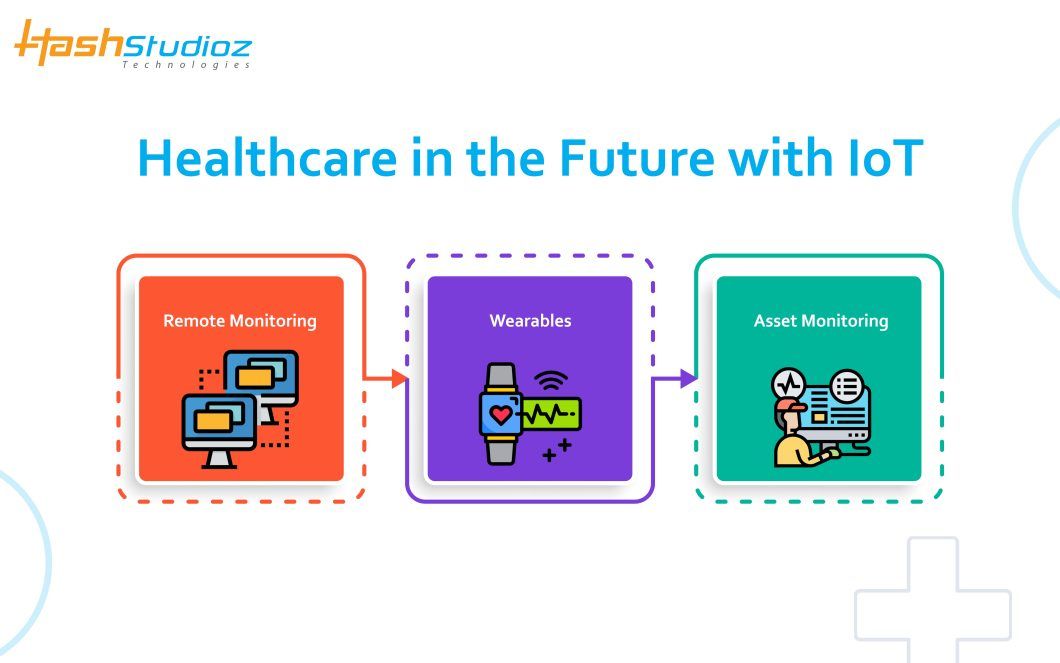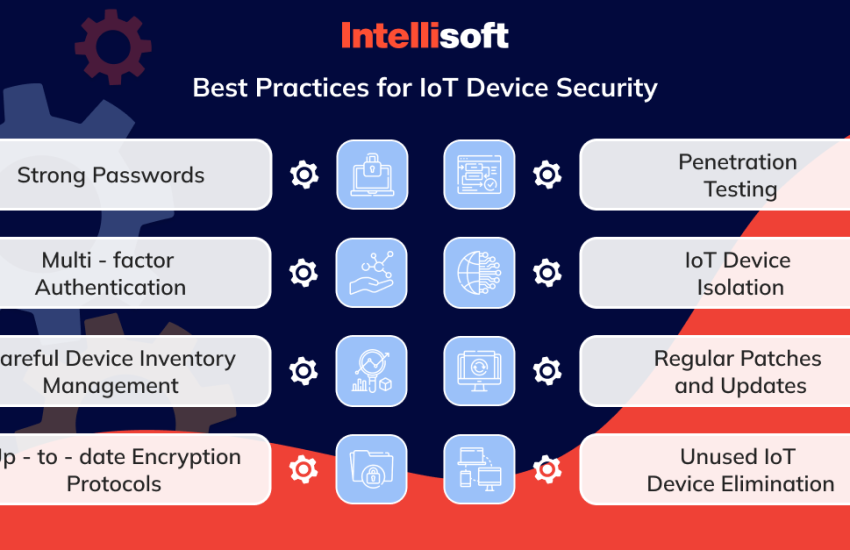The Future of IoT in Healthcare
In recent years, the healthcare industry has seen a rapid evolution with the integration of technology. One of the most significant advancements in this sector is the Internet of Things (IoT). IoT in healthcare involves the use of interconnected devices and sensors to collect and exchange data, enabling healthcare professionals to provide better care and improve patient outcomes.
Improving Patient Monitoring and Management
One of the key benefits of IoT in healthcare is the ability to monitor patients remotely. With IoT devices such as wearable health trackers and smart medical devices, healthcare providers can keep track of patients’ vital signs and other health data in real-time. This allows for more proactive and personalized care, as doctors can intervene at the right time in case of any abnormalities.
Enhancing Treatment and Diagnosis
IoT technology also plays a crucial role in enhancing treatment and diagnosis processes. Connected medical devices can provide more accurate and timely data to healthcare professionals, enabling them to make better-informed decisions. For example, IoT-enabled imaging tools can help doctors detect and diagnose diseases more effectively, leading to improved treatment outcomes.
Streamlining Healthcare Operations
IoT in healthcare is not just limited to patient care; it also helps streamline various operational processes within healthcare facilities. From inventory management to equipment maintenance, IoT devices can automate tasks and minimize human error. This, in turn, can improve efficiency, reduce costs, and enhance overall healthcare services.
Challenges and Opportunities
While IoT offers numerous benefits to the healthcare industry, it also presents several challenges. Data security and privacy concerns are one of the major issues, as the interconnected nature of IoT devices can make them vulnerable to cyberattacks. Healthcare organizations need to implement robust security measures to protect sensitive patient information.
Additionally, the integration of IoT in healthcare requires significant investment in infrastructure and training. Many healthcare professionals may not be familiar with IoT technologies, which can pose a barrier to adoption. However, as more organizations recognize the potential of IoT in improving patient care and operational efficiency, we can expect to see greater investment and integration in the coming years.
The Future of IoT in Healthcare
Looking ahead, the future of IoT in healthcare looks promising. As technology continues to advance, we can expect to see more innovative IoT solutions that will revolutionize the way healthcare is delivered. From remote monitoring to personalized medicine, IoT has the potential to transform the healthcare industry and improve patient outcomes.
Overall, IoT in healthcare is set to play a pivotal role in shaping the future of healthcare delivery. By leveraging the power of connected devices and data, healthcare providers can offer higher quality care, improve efficiency, and ultimately, save more lives.


